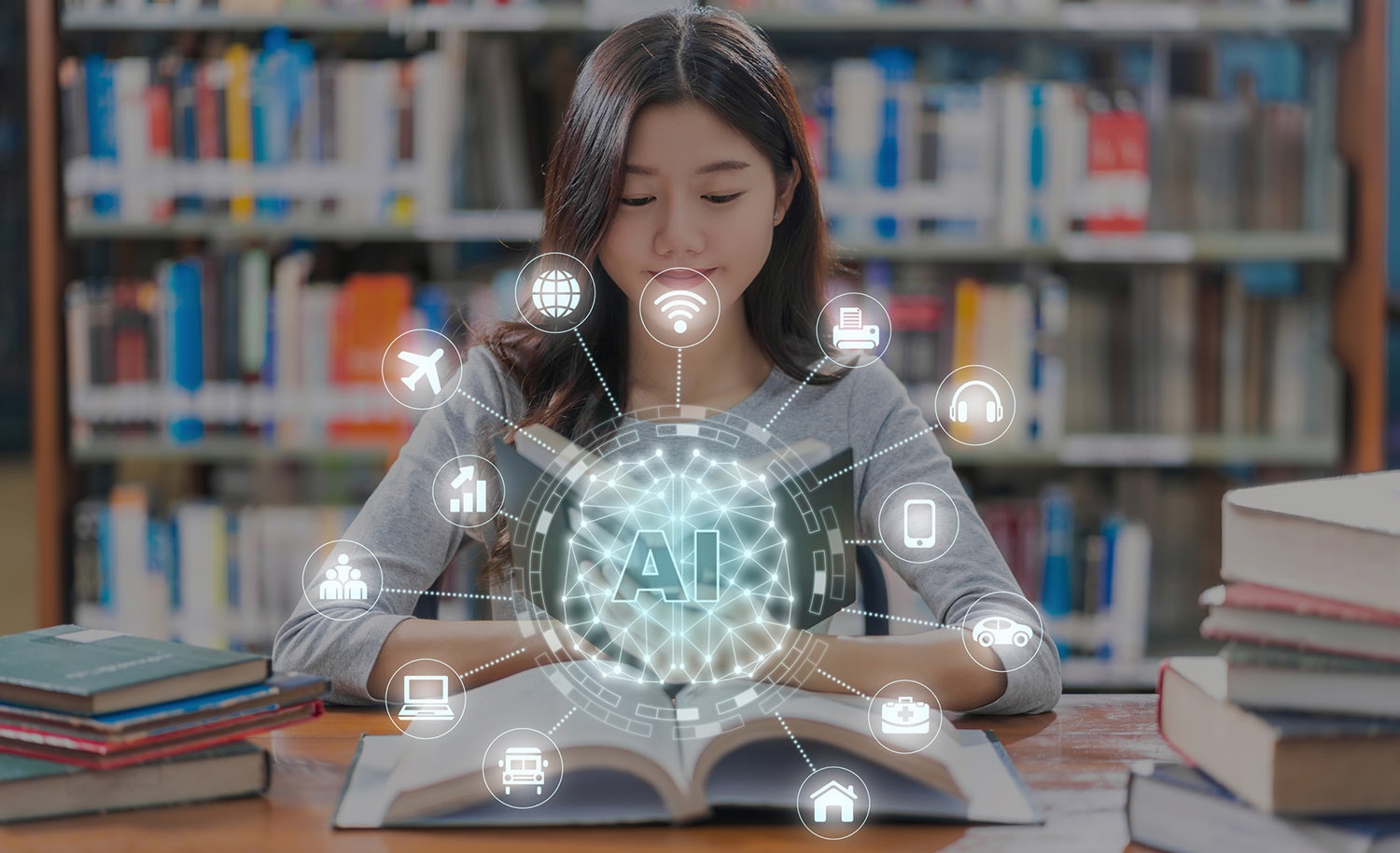In a rapidly evolving educational landscape, artificial intelligence (AI) is emerging as a transformative tool for students. AI for studying is reshaping how learners engage with content, manage their time, and enhance their academic performance. From personalized tutoring systems to intelligent study aids, AI technologies are not just supplementary tools; they are revolutionizing the way students approach their education.
The Power of Personalization
One of the most significant advantages of AI for studying is its ability to personalize the learning experience. Traditional education often uses a one-size-fits-all model, which can leave some students feeling lost while others are not adequately challenged. AI addresses this issue by analyzing individual learning patterns and preferences.
Sophisticated algorithms can track a student’s progress, identifying strengths and weaknesses over time. This data allows AI-driven platforms to recommend personalized study materials, exercises, and resources tailored to each student’s unique needs. For example, a student struggling with algebra might receive targeted practice problems, whereas another student excelling in literature may be presented with advanced reading materials. Such customization fosters a more effective and engaging learning environment, enhancing overall academic success.
Intelligent Tutoring Systems
AI for studying includes the development of intelligent tutoring systems designed to provide real-time assistance. These platforms mimic the benefits of one-on-one tutoring by offering explanations, answering questions, and providing feedback on student work. AI-driven tutors are available around the clock, accommodating various learning schedules and preferences.
For instance, platforms like Khan Academy employ AI to guide students through subjects at their own pace, offering context-sensitive hints and explanations. This kind of support is invaluable for self-directed learners who may need assistance outside of traditional classroom hours. The result is a more interactive learning experience where students feel supported in their academic journey.
Enhancing Time Management and Organization
Time management is a critical skill for students, yet many struggle to balance academic responsibilities effectively. AI tools can assist students in organizing their study schedules and prioritizing tasks. Through advanced algorithms, these platforms can analyze deadlines, assignments, and personal commitments, offering suggestions on when and how to allocate study time.
For example, AI-driven apps like Todoist or Trello can help students create smart schedules that adjust in real-time based on the completion of tasks. By automatically reorganizing priorities and sending reminders, these tools empower students to stay on top of their workload, reduce procrastination, and cultivate essential organizational skills.
Interactive Learning Experiences
Engagement is key to effective learning, and AI is redefining how students interact with educational content. AI for studying often incorporates gamification elements that make learning more enjoyable. By turning study sessions into interactive challenges, students are more likely to remain focused and motivated.
Platforms like Quizlet employ AI to create interactive flashcards and quizzes that adapt to a student’s learning progress. This gamified approach not only enhances retention of knowledge through repetition but also makes studying feel less like a chore and more like an engaging activity. By integrating technology into the learning process, students can take control of their education and enjoy a more dynamic study experience.
Analyzing Learning Patterns
The ability of AI to analyze learning patterns is another major benefit for students. By collecting and interpreting data on how students interact with study materials, AI systems can provide insights that guide learning strategies. For instance, if a student consistently struggles with specific topics or types of questions, AI can offer tailored resources or revise strategies.
Such analytics empower students to make informed decisions about their study approaches, learning styles, and the areas they need to focus on. By understanding how they learn best, students can develop more effective study habits and techniques that align with their individual goals, ultimately leading to improved academic performance.
Enhancing Research Capabilities
In an era where information is abundant, distinguishing credible sources from unreliable ones can be challenging for students. AI for studying can enhance research skills by managing and filtering vast amounts of information. AI-powered tools can help students by conducting preliminary literature reviews, summarizing articles, and even suggesting relevant resources based on specific research topics.
Tools like Grammarly not only check grammar but also offer suggestions on style and clarity, ensuring that written work meets academic standards. This support is invaluable for students learning to navigate research effectively and produce quality academic writing.
Preparing for Exams
Examination preparation can be a daunting task for students, but AI can simplify the process. Numerous platforms now offer AI-driven exam simulators that mimic the actual testing environment. These tools analyze a student’s performance, providing insights into which topics need more attention and adapting the difficulty of future practice questions accordingly.
Furthermore, AI can recommend study techniques based on a student’s performance data, suggesting efficient revision strategies or focused study sessions to enhance retention. By providing students with customized exam preparation, AI not only improves academic outcomes but also helps alleviate the stress associated with high-stakes testing.
Bridging Gaps in Learning
Finally, AI for studying plays a critical role in addressing learning gaps. Students with different backgrounds and learning experiences can benefit from AI technologies designed to accommodate diverse needs. For instance, those with learning disabilities or language barriers can access specialized resources and support tailored to their unique circumstances.
By offering adaptive learning experiences, AI ensures that all students have the opportunity to succeed, regardless of their starting point. This inclusivity fosters a more equitable educational landscape where everyone can thrive.
The Future of AI in Education
As AI technology continues to advance, its role in education is expected to grow exponentially. Future developments may include even more advanced personalized learning systems, deeper integration of AI into everyday classroom practices, and comprehensive support for students in all aspects of their academic lives.
In conclusion, AI for studying is revolutionizing how students engage with their education. By providing personalized support, enhancing engagement, and streamlining study processes, AI tools empower learners to take charge of their academic journeys. As we embrace these innovations, the future of education looks brighter, with endless possibilities for improving learning outcomes and fostering a love for knowledge.



